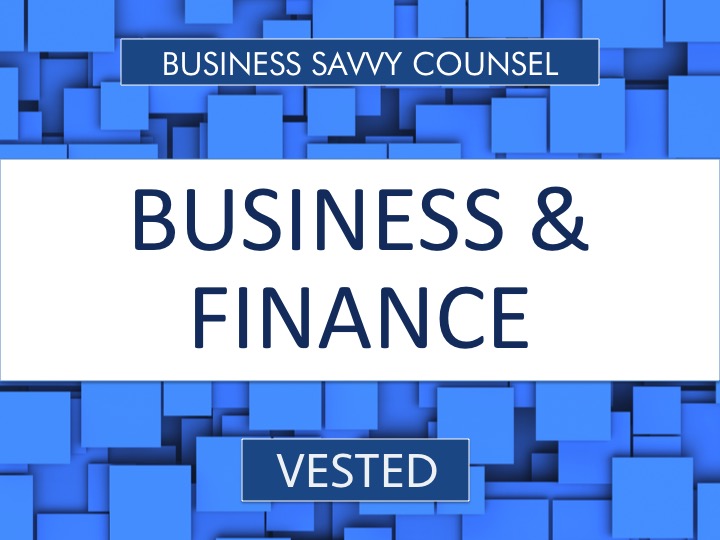By Kresimir Peharda, Partner.
May 21, 2016
Start-ups and other companies often issue restricted stock to founders and early employees that is subject to vesting. They do this in order to attract and retain key personnel. As a consequence, an issue that often arises is whether an individual receiving stock should make a Section 83B election.
What is it?
While there is no official form for an 83B election samples exist. By filing this election the individual is directing the IRS to tax the stock or option at the time of the grant, rather than at time of vesting.
Potential benefits
If the stock is worth little at the grant or issuance and appreciates significantly, then by making the election at time of grant or issuance the individual has minimized their potential tax liability.
Potential drawbacks
If the stock is worth something and the value of the company’s securities declines significantly, or the company goes out of business or the stock is forfeited, then the individual will have paid taxes on income that was not actually received.
How to decide
The following is a simple guide to deciding whether to make the election. Individuals are best served by seeking the advice of a competent tax professional.
Factors favoring making an election:
- Stock is not worth much at time of issuance or grant
- Probability for price increase in the stock are good to great
- Risk of forfeiture is low
Factors against making an election:
- Stock is worth a significant amount at time of issuance or grant
- Probability for price increase in the stock are poor to middling
- Risk of forfeiture is high
What information is required?
The following information must be provided to the IRS:
- Full name
- Address
- Social Security number
- Description of the shares (1,000 shares of common stock of my company)
- Date on which you received the shares
- Taxable year in which grant or issuance took place
- Fair market value of the stock, without the restriction, at the time of grant
- Consideration paid for the stock
- Amount you wish to include in gross income (FMV minus anything paid)
- Restriction that will cause forfeiture if it is not met, or the restriction that will lapse when vesting requirements are met
What happens if I forget to make the election?
In general, the answer is that you are out of luck. The IRS is not forgiving as to the 30 day window to file. One exception to this is that there was some flaw in the original issuance. Examples of flaws would include no board authority for the issuance, or the exact number of shares is unknown.

